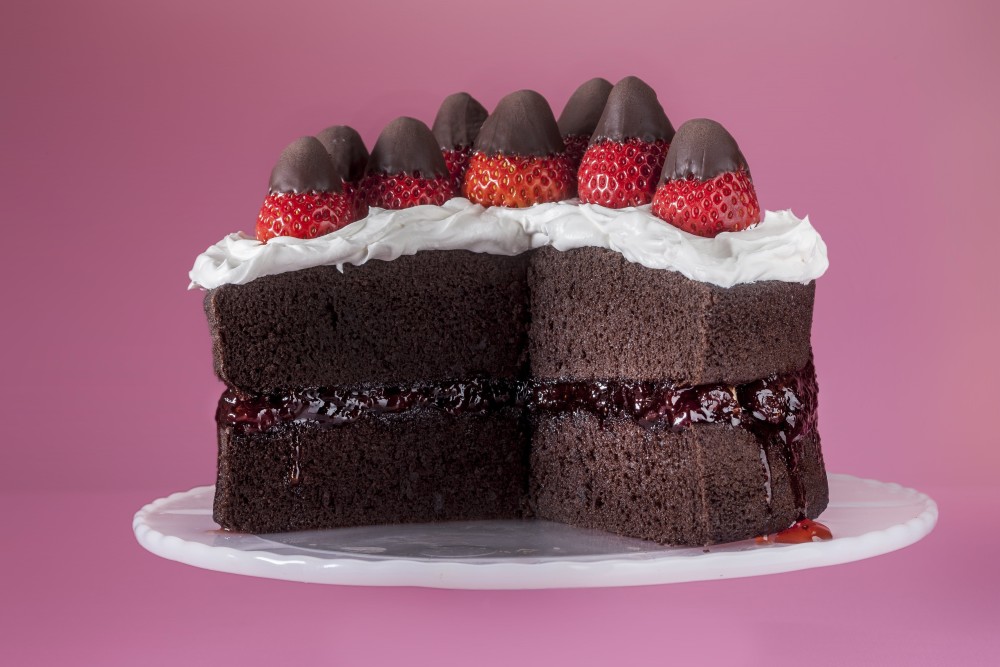By Ana Veciana-Suarez
The Miami Herald.
I am so confused.
If I weren’t always so ravenous by mealtime, I’d probably be paralyzed by the conflicting information nutrition experts feed us.
Seems to me that the Food Police need to be reprimanded for periodic flip-flops. Make up your mind, already.
Can I start spreading butter on my whole grain bun again? Must I forgo my morning chocolate because it won’t help my heart after all? Should I swear off refined sugar for life?
Oh my, ay Dios and oy vey. What’s a person to eat?
In case you missed it: A study published in the current issue of the Journal of the American Medical Association casts doubt on the dearly held belief that a compound found in chocolates (mmm!) and red wine (yes!) may not be as beneficial to our health as originally thought.
Resveratrol, the magical antioxidant that had been my excuse to indulge, apparently does not reduce inflammation as previously touted by the medical community. Nor does it have any beneficial effect on heart disease or cancer.
Now they tell me! You have no idea how many times I’ve toasted to resveratrol during happy hour. And when others have judged my dependence on chocolate, I’d savor a delicious moment of self-righteousness when I spouted the science.
Now what? I have no intention of stopping either habit, life is short and hard enough without such small pleasures, but I can’t help but be disappointed at the people I trust for guidance.
The demotion of resveratrol is only the latest conflicting tidbit in a platter full of nutritional contradictions. I wonder if an eat-this-not-that philosophy hasn’t influenced our collective inability to maintain a healthy weight. Obesity has tripled in the past five decades as research on nutrition, and the number of diet books, has grown exponentially.
Hardly a year goes by without some faith-shattering news from scientists, information that the weak-willed, me included, adopt as a pass to continue with our what-the-heck eating habits.
To wit: Earlier this year, another study published in the Annals of Internal Medicine contradicted what many thought was a cornerstone of dietary thought, a tenet that encouraged me to curtail my intake of smoked Gouda while imbibing red wine.
Said study found that people who consumed higher levels of saturated fat, aka animal fat, did not have more heart disease than those who ate less. Surprise! It also found that those eating higher amounts of unsaturated fat, such as olive and corn oils, don’t have less disease.
In fact, women whose total cholesterol levels are high live longer than those with lower levels.
Should I welcome back that icon of American cuisine, the greasy cheeseburger?
Let me cite a few other examples. Along with the embargo on saturated fat, there was once a ban on eggs. Experts told us to lay off this versatile food, only to backtrack a few years later. There’s also been an issue with cow’s milk. As a child, I was forced to drink gallons of it and I hated each and every swallow. Now some research suggests milk-free kids may be less likely to develop colic and ear infections.
What’s a person to do? Though I’m not one of those people who faithfully follow the nutritional guidelines from the U.S. Department of Agriculture, I do try, really, really, in my own way.
Now I wonder if my wise mother’s simple advice wouldn’t serve me better.
Moderation, she liked to say. Moderation in everything.














































































































































































































































































































































































